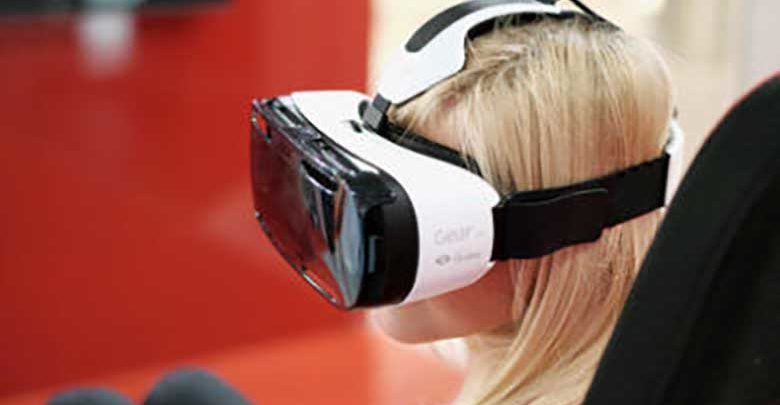
Virtual Reality Therapy: A Therapeutic Use Of Technology
Virtual reality is posed to enter our homes, with the release of cheaper and more readily available headsets already begun. Worries abound over its negative impact, if, for example, your children spend too many hours on ‘virtual gaming’.
But virtual reality is not just for gamers. It has actually been studied for its psychological benefits since the mid-1990s, and the results to date are increasingly promising.
Is virtual reality therapy the next big move forward for psychotherapy?
What is virtual reality, really?
Virtual reality involves entering an ‘alternate’ three-dimensional world – all by putting on a headset and earphones. It’s a world that is of course computer-generated, but it feels real, and is one that you move around in and interact with. You might find yourself touching and picking up objects, for example.
Virtual reality is a strange experience which is hard to describe until you have experienced it for yourself. You know what you are seeing isn’t real, and yet your body and mind react as if it were.
Why is virtual reality therapy exciting?
The idea is that we can ‘trick’ the human brain with virtual reality. Our brain creates ‘reality’ by putting together information that our senses feed it. If you present your brain with made-up sensory information, such as that taken from a virtual reality world, your brain reacts as if the information is real.
This is very helpful if what the brain is being tricked into is letting go of irrational thoughts and fears that hold you back in life.
Virtual reality also offers many benefits that real time therapy can’t:
- challenging situations can be recreated and also controlled
- clients can then approach the situation as many times as they want until they feel they have mastered it
- stress responses can be measured and monitored
- knowing a situation isn’t ‘real’ makes clients more confident in approaching it
- a client can approach and talk to a version of themselves in virtual reality therapy using what is called an ‘avatar’.








